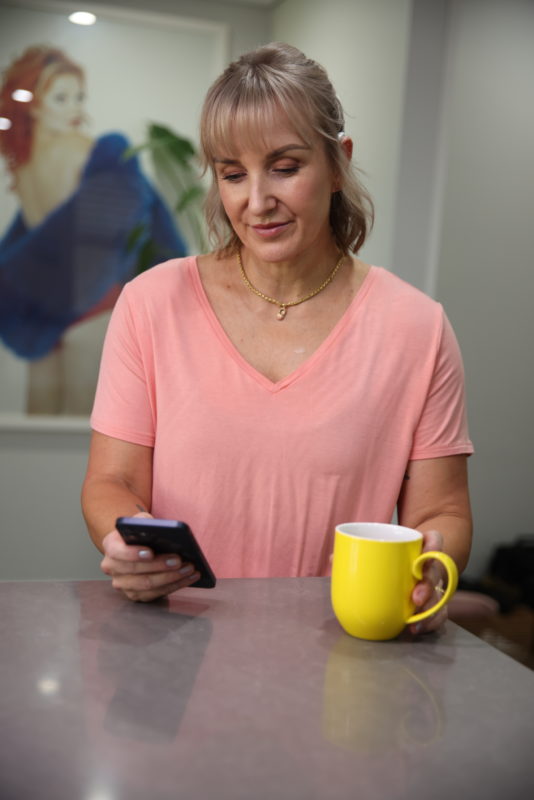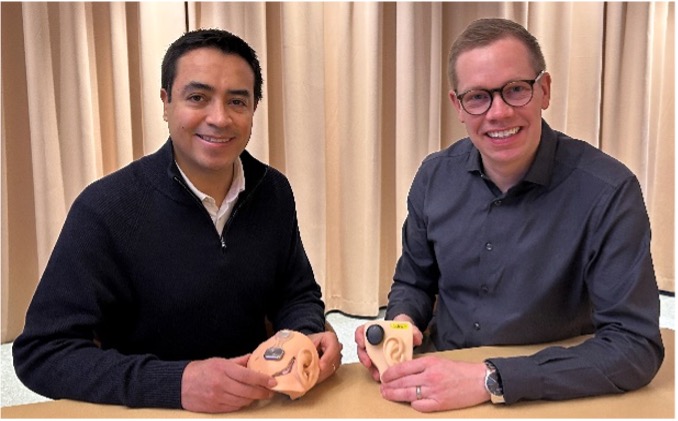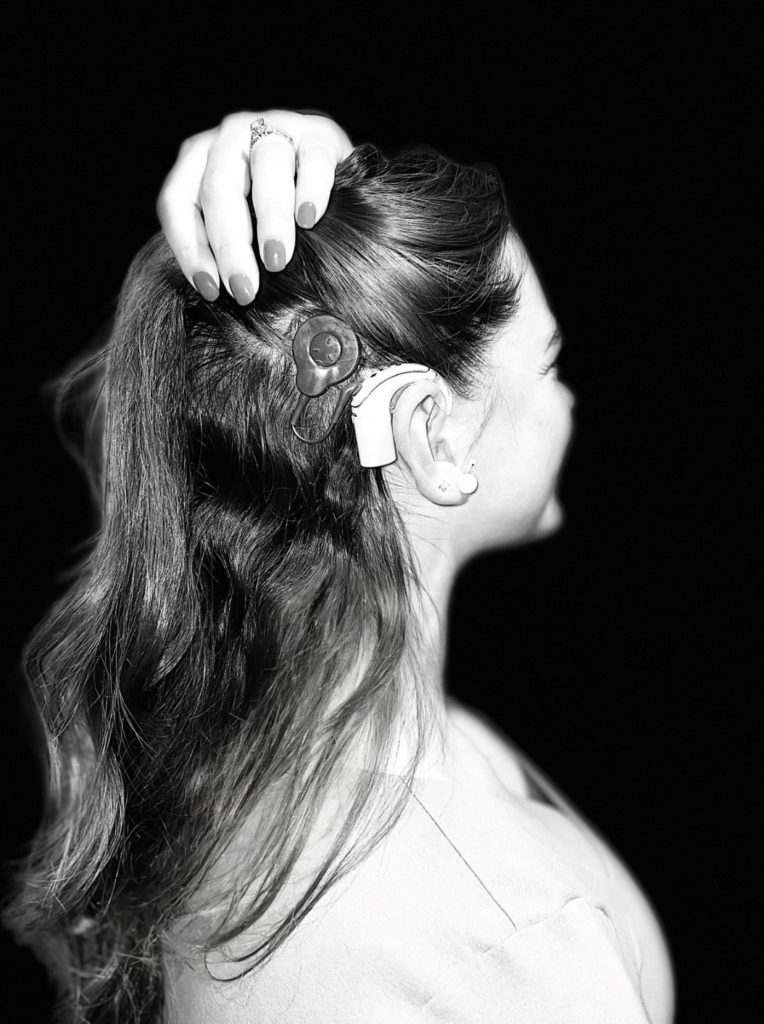Would you like to feel confident calling to order a pizza or make a doctor’s appointment? Talking on the phone can be a challenge for people with hearing loss and texting is not always an option.
Being able to communicate on the phone is crucial – talking to family who live far away, conducting business and personal banking, making medical appointments, connecting with friends, and so on. It can also be a lifeline if personal safety is at risk.
Some simple activities for regular practice can help you improve your listening skills and reduce telephone stress.
1. Choose a practice partner
Start with someone you know with a familiar voice to help you recognise what they say.
2. Start in a quiet area
If you can hear too much background noise, ask your practice partner to call you from a quieter location. Taking calls in different rooms of your own home also helps vary your experience.
3. Get to know your device
There are different ways to use your technology for phone calls:
- Streaming directly from your compatible smartphone will provide a clear signal. Streaming is possible with all our most recent sound processors, including Cochlear™ Nucleus® 8, Kanso® 3, Osia® 2, and Baha® 7 sound processors.
- If you hold the phone up to your sound processor, make sure your phone is in a good position. If you are using the telecoil, reduce interference by moving away from electronic items, such as computers and fluorescent lights.
- Also consider speaker mode on your phone if you’re in a private setting.
4. Plan your calls
Start with calls 2-3 times a week and build up from there. Choose a different topic each time to expand your vocabulary and keep calls short to reduce fatigue. A few minutes each day is all you need to make a difference!
5. Include video calls
Video calls are common, so include these for practice as well. Visual clues will make video calls easier, so start with closed captions and switch them off when your confidence grows.

6. Start with simple conversations
Start with easy conversations to avoid lipreading. Practise common phone phrases:
- “How are you feeling today?”, “Wait just a minute”, or “I’ll see you later!”
- Your family’s names, places you frequently visit, months of the year.
- Booking a restaurant or meeting a friend in a café or at the movies.
Repeat back what the other person says and listen for key words to follow the conversation.
7. Plan a call with a simple inquiry
When you need to phone a business, build confidence by asking a question you may know the answer to.
- Call a shop to ask about opening hours: “Hello, can you please tell me what time your store closes today?”
- Place a phone order that’s predictable. For example, order a pizza. Before calling, practise:
– Your greeting
– Talking about your order
– How you will pay
– If you will collect or prefer home delivery
8. Vary your activities
Listen to unfamiliar speakers on YouTube, TedTalks, audiobooks, and social media, as the content focuses on speech without background music.
9. Build up to more complex listening
- Email recipes or children’s stories for your practice partner to read over the phone and repeat the passage.
- Ask them to say 10 things about themselves and repeat back. For example: “I have brown hair, I have two children, my favourite hobby is soccer, etc.”
- Ask them to describe their environment and repeat back.
10. If you don’t understand
Always repeat back as much as you can: “Did you say…?” and ask them to say it a different way if you need them to. Avoid: “I can’t understand you,” or “I didn’t get that,” or “Sorry?” Your partner will likely just talk more loudly, which may sound distorted. Ask them to speak slower and make it clear to you when the subject changes.
11. Initiate phone calls
To remove telephone stress, initiate calls yourself so you can prepare. Above all, don’t avoid the phone. Most hearing implant recipients who are confident phone users speak on the phone every day. Persisting with simple techniques, you’ll soon boost your confidence and stop worrying whenever the phone rings.



